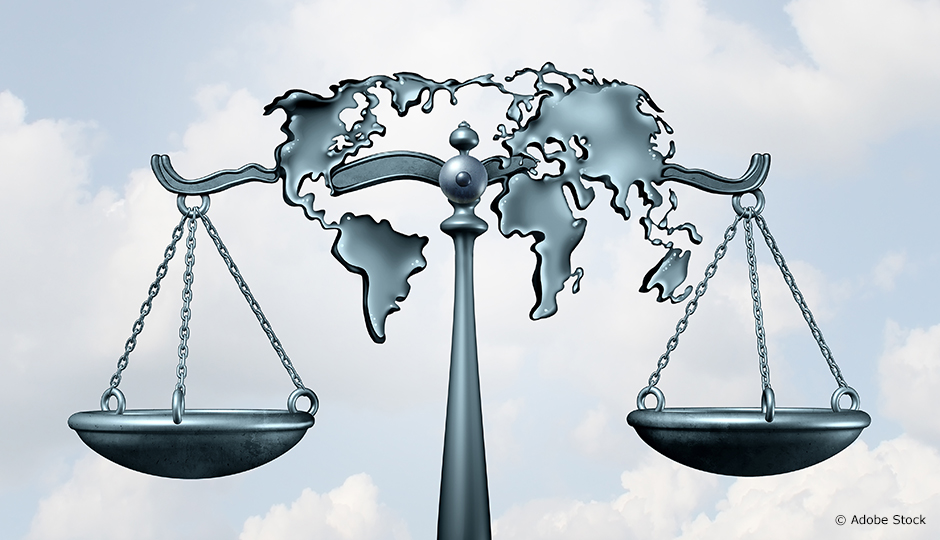
Certain rogue States violate fundamental environmental and human rights. Since the Cold War, their counterparts in the international community have sometimes adopted economic sanctions in response to a breach of these so-called obligations erga omnes (towards all). Geneviève Dufour, a professor in the Faculty of Law at Université de Sherbrooke, wished to determine whether international law has evolved in recent years to legitimize economic sanctions.
Certain rogue States violate fundamental environmental and human rights.
To that end, the researcher analyzed the articles on the international responsibility of States adopted in 2001 by the International Law Commission, a United Nations body responsible for the codification and progressive development of international law. The Commission recognized the existence of such practices by States, but voluntarily decided not to pronounce on the lawfulness of countermeasures taken by States other than the injured States. The researcher, who is a member of the Centre d’études sur l’intégration et la mondialisation, then sought to determine whether the actions of the international community since 2001 suggested the emergence of a new rule allowing States to react to wrongful acts that have no actual impact on them.
This work suggests that it would be premature to speak of such a customary rule. In fact, even though the use of economic sanctions is increasing and is being adopted by a growing number of States, they remain the prerogative of a select few, who too often apply them for political reasons. For example, some accede to complaints from States that violate erga omnes obligations. Geneviève Dufour is now turning her attention to free trade treaties, which sometimes formally provide for economic sanctions when a member State violates fundamental rights.
